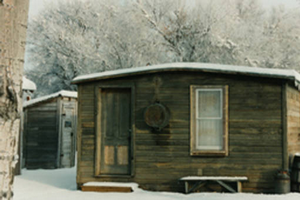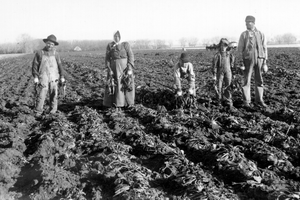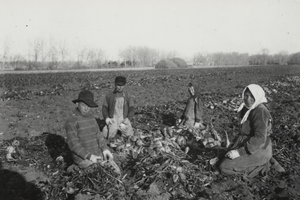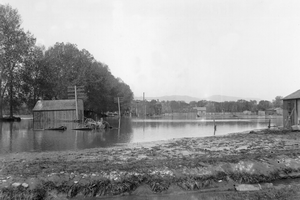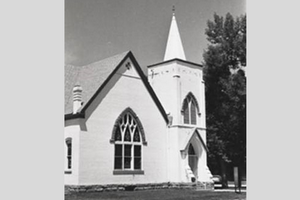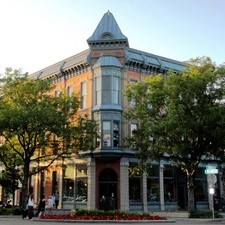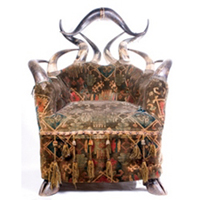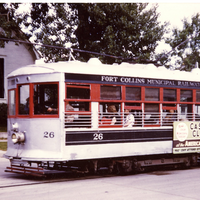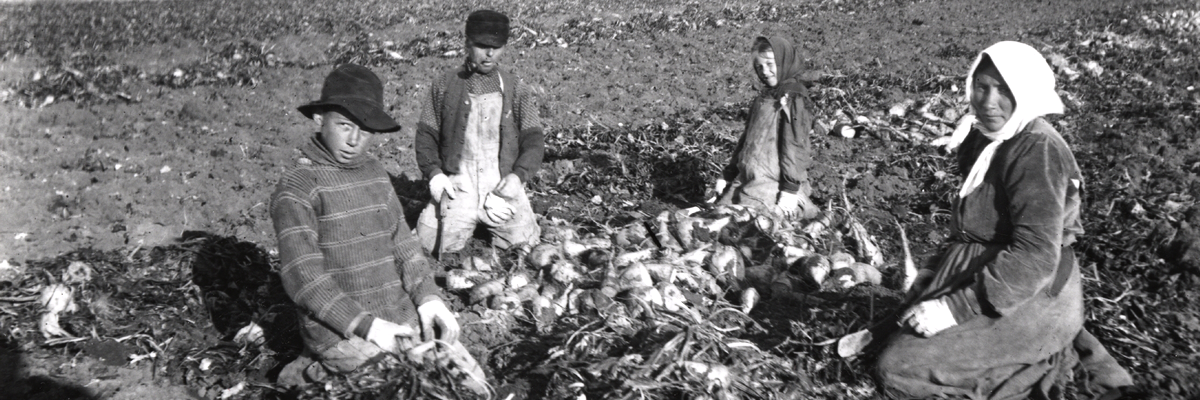
Germans from Russia in Fort Collins
Pictured above is a German-Russian family working in sugar beet fields at the Preston Farm in south Fort Collins, 1910s.
The people of the German-Russian diaspora are one of the largest ethnic groups in Northern Colorado; they brought a unique heritage to this region and greatly contribute to the colorful cultural tapestry of today's Fort Collins.
German-Russian people were descendants of German settlers who immigrated to the steppes of Russia in the 1760s. For over a century, these settlers maintained their German traditions and enjoyed free land and religious freedom under the rule of Catherine the Great. However, in the 1870s they began a migration to North and South America due to economic distress and "Russification" methods. Clad in traditional Russian clothing but speaking German, many German-Russians settled in the sugar beet growing areas of the western United States, including Fort Collins.
The Fort Collins neighborhoods of Buckingham and Andersonville were established as sugar factory neighborhoods for the Germans from Russia, with as many as 135 individuals inhabiting the small homes by 1904. The North-South orientation of the streets, and the East-West orientation of the houses of the Buckingham neighborhood are a replications of the Volga villages (i.e. in the Russian villages of Norka, Frank, Hussenbach, Grimm - Germanic names given) familiar to the original emigrant families of Germans from Russia.
In spite of the cramped living quarters, with potentially large numbers of family members living in the same home, and despite working conditions of the dirty beet fields, the Germans from Russia kept their homes and neighborhoods immaculately clean. The racial slurs of "dirty Rooshuns" were particularly vexing, given that the opposite condition was the expected norm for this German ethnic group.
Over the years the persistence of the founding generations of Germans from Russia, including their practices of working as efficiently as possible while maintaining a lower cost of living, allowed many families to amass enough savings to move from stoop laborers to tenant farmers and finally to land ownership.
Just as German-Russian contributions to the history of Fort Collins remain strong, so too does interest and pride in German-Russian ethnicity. The descendants of Colorado's original German-Russian settlers now number approximately 500,000, with many of them concentrated in Larimer and Weld counties. The Northern Colorado Chapter of the American Society of Germans from Russia connects descendants of German-Russian families with each other and their proud heritage.
